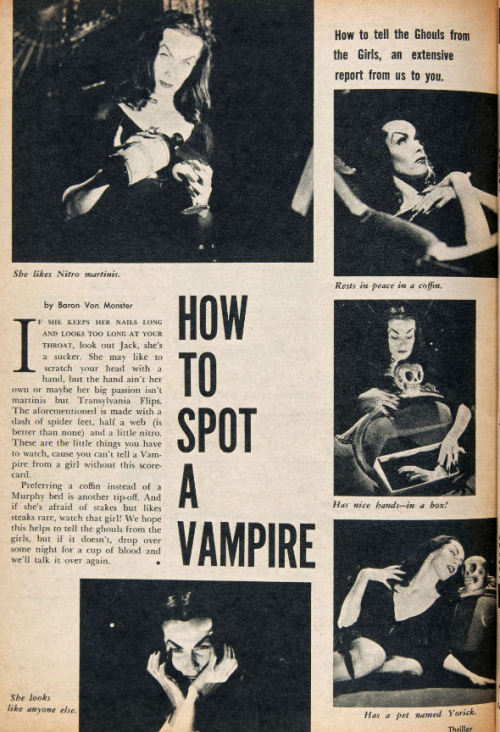He set a clear, understandable definition of the metaverse:
The metaverse is a time, not a place.
It’s when our digital life is more important than our physical life.
A life well-lived is a life-well planned.
— Alex Lieberman \u2615\ufe0f (@businessbarista) July 14, 2021
5 steps to build your own "Life Map" \U0001f9f5
The biggest lesson I\u2019ve learned in building a $4B company:
— Ryan Breslow \U0001f57a (@ryantakesoff) September 23, 2021
It\u2019s all about the people.
I\u2019m thrilled to announce today that Bolt is the first tech unicorn to officially shift to a 4 day work week.
Here\u2019s why we did it and how we came to the decision \U0001f447\U0001f447\U0001f447
Welcome new followers!!
— Jesse Pujji (@jspujji) September 16, 2021
Thanks for joining my entrepreneurial community.
To learn more about my journey, listen 2 my convo with @patrick_oshag.
I tell my story about bootstrapping, marketing, DTC and building a culture with conscious leadership. https://t.co/BSg6hCEE0L pic.twitter.com/gH4tAjfFBx
Sweetgreen, ~$400M run-rate in sales (RLM% of 16% in 2019) and 140 units (+20-25 per year).
— Post M. (@Post_Market) October 25, 2021
Lets say 400 units by 2030 @ $3.5M AUV ($2.5M today) and 21.5% RLM. $300M RL EBITDA less $200M in G&A less $25M in maint. capex. is $75M in 'owners' EBIT
Last round at $1.6B. Yikes.
There\u2019s a lot of bad advice out there on how to pitch your startup.
— Romeen Sheth (@RomeenSheth) April 10, 2021
Last year, I invested $1M+ and heard 200 companies pitch.
Every great pitch I've heard nails 5 ingredients.
In this thread, we'll go through each to help maximize your chances when fundraising
Let's dig in\U0001f447 pic.twitter.com/FBaUUWHz8L
0/ After evaluating 200+ startups this year, I've been in some awesome and not so awesome pitches.
— Romeen Sheth (@RomeenSheth) December 28, 2020
Here are the top 10 mistakes I see Founders make that routinely derail fundraising \U0001f447\U0001f447\U0001f447
0/ Last night I tweeted about the top 10 things Founders do that derail fundraising. It struck a chord. 2,500+ liked the tweet.
— Romeen Sheth (@RomeenSheth) December 30, 2020
I got a ton of DMs asking the opposite question: \u201cWhat are the top things Founders do well when fundraising?\u201d
Here's my top 10 \U0001f447\U0001f447\U0001f447
Raising money for startups is wild right now. I\u2019ve never seen anything like it.
— Romeen Sheth (@RomeenSheth) May 5, 2021
Lots of Founders are wondering how to approach it and who they should partner with.
Here are 10 observations / practical tips I've shared with 100+ Founders in the last few months \U0001f447\U0001f447\U0001f447
Next level tactic when closing a sale, candidate, or investment:
— Erik Torenberg (@eriktorenberg) February 27, 2018
Ask: \u201cWhat needs to be true for you to be all in?\u201d
You'll usually get an explicit answer that you might not get otherwise. It also holds them accountable once the thing they need becomes true.


Donald Barr had a way with words. pic.twitter.com/JdRBwXPhJn
— Rudy Havenstein, listening to Nas all day. (@RudyHavenstein) September 17, 2020
